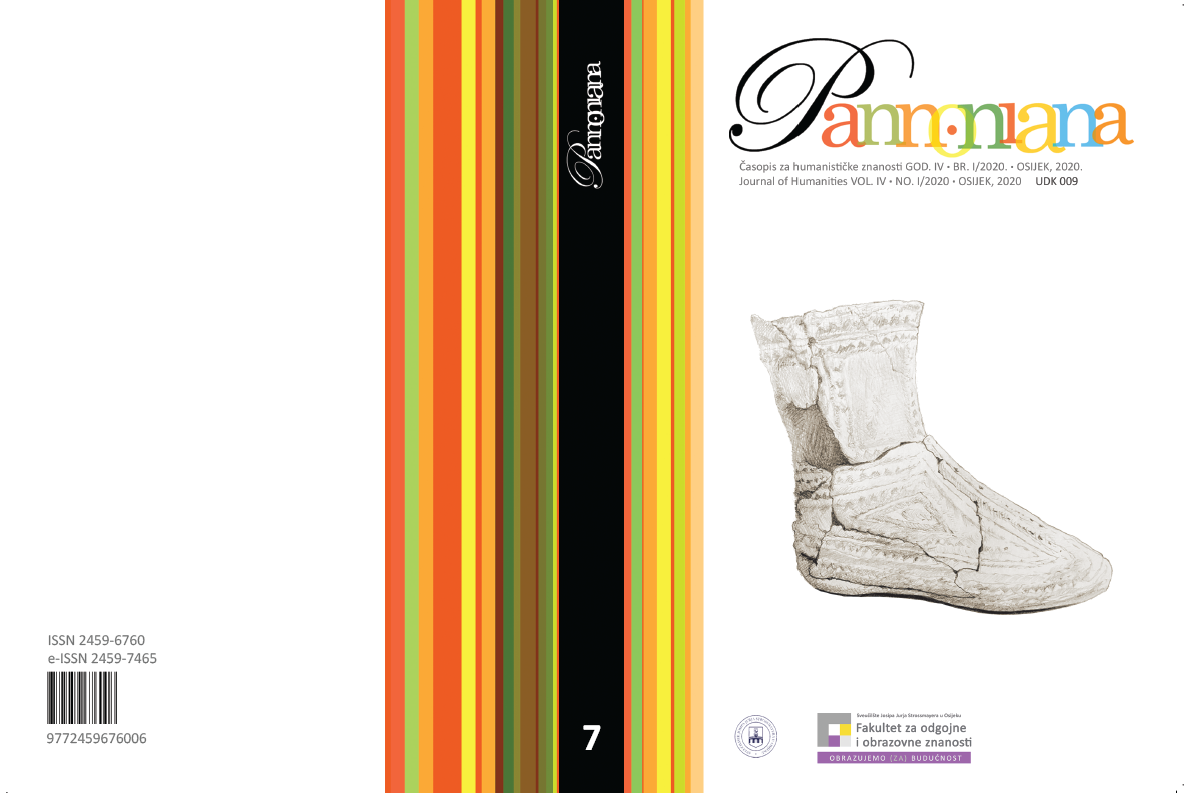Is Musicology (Only) One of the Humanities?
Professional article
Keywords:
musicology, music pedagogy, interdisciplinarity, categorizationAbstract
Today, a general definition of musicology is both precise and imprecise: it is a study of music. This recent scientific discipline was established by Guido Adler in his 1885 paper The Scope, Method, and Aim of Musicology, although there had been many varieties of music researching ever since ancient times. According to the Ordinance on Scientific and Artistic Areas, Fields and Branches (in the further text – The Ordinance), brought by the National Council for Science, musicology belongs to the area of humanities, art studies field, musicology, and ethnomusicology branch under the code 6.06.01.
Its interdisciplinarity and problems referring to the categorization of works are apparent when comparing these two aforementioned texts. Adler divides musicology into historical and systematic. Defining musicology as a discipline belonging to the humanities appears problematic when one analyses research in the domain of systematic musicology. Content from the domain of systematic musicology is issued in publications related to social sciences (pedagogy, educational and rehabilitation sciences, logopaedics, demography, interdisciplinary social sciences), natural sciences (physic), engineering (architecture, urbanism, wood technology), medical sciences (basic medical sciences, clinical medical sciences, public healthcare,) artistic area (music, -interdisciplinary art field) and interdisciplinary areas (cognitive science, geography, educational sciences, gender studies). Disciplinary progression of musicology relies on the papers in the domain of humanities and, therefore, does not encourage the development of popular research related to systematic musicology. This paper aims to analyze the categorization problems of papers of musicological research and present a potential solution to their classification into areas, fields, and branches.
Downloads
Published
Issue
Section
License
Copyright (c) 2020 Pannoniana

This work is licensed under a Creative Commons Attribution-NonCommercial-ShareAlike 4.0 International License.




